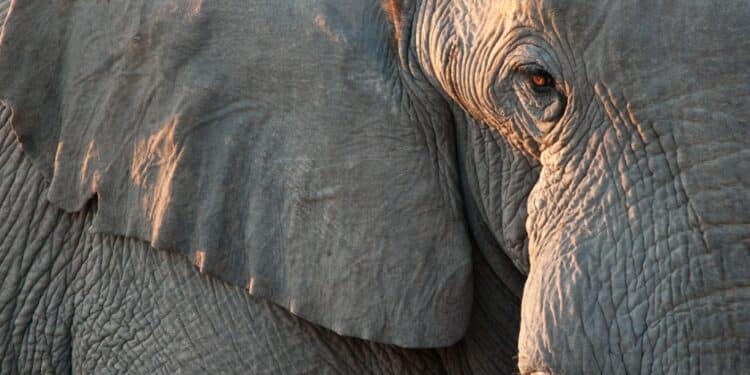On November 10, the International Fund for Animal Welfare (IFAW) and the National Whistleblower Center (NWC) held a question and answer session on Twitter to discuss wildlife trafficking and whistleblowers’ roles in fighting wildlife crime.
The Twitter thread referenced IFAW’s recent report on online wildlife trafficking, which examined 34 online marketplaces and “found nearly 1,200 advertisements for almost 2,400 animals, parts, derivatives, or products of protected species,” according to one of IFAW’s answers.
The question and answer session provided insight into spotting illicit wildlife crime online: IFAW states that trafficking “is hard to spot online,” but advises that a seller “being evasive about source, exact species type or documentation” should raise red flags. “If you see signs of trafficking, contact local wildlife authorities and use the ‘report’ feature on the platform you’re using.” Individuals who find evidence of wildlife crime online can also make a confidential report with NWC here.
What should individuals be on the lookout for? IFAW states that people should keep an eye out for “ivory products, skins, hunting trophies, and live wild animals to be sold as pets like reptiles, birds, primates, and wild cats,” as IFAW has seen numerous cases in which these items have been sold illegally.
Additionally, IFAW and NWC discussed Big Tech’s role in stopping the proliferation of online wildlife crime. IFAW Campaigns Director Mark Hofberg emphasizes the tech industry’s influence and potential to enact change. “With powerful technology, strong policies, and encouraging and protecting whistleblowers, tech companies can reduce trafficking online,” Hofberg says.
Siri Nelson, NWC’s Executive Director, spoke about “how whistleblower policies could be successfully adapted or applied” to online wildlife trafficking. She notes that legislation empowering wildlife whistleblowers “need bipartisan support” and bills like the Wildlife Anti-Trafficking Act “have lacked support” in the past. Nelson mentions that whistleblower protections like those in the Dodd-Frank Act that “provide anonymity, anti-retaliation protections and awards” are “essential” and effective in protecting wildlife.
“It’s very hard to tell what is legal or illegal online,” IFAW writes on the challenges of fighting wildlife crime online. “#WildlifeTrade laws are complex, and savvy traders exploit this using the internet’s anonymity.” IFAW advises that “Online marketplaces must put the burden on the seller to prove the legality of wildlife products and live animals for sale.”
Going forward, IFAW says that along with “protecting whistleblowers and enforcing stricter policies, we must reduce demand and educate buyers. People often don’t know whether something is hurting the conservation of a species.” IFAW highlights education and raising awareness as “key” to protecting wildlife.
Read the complete Question and Answer session here.
Read about IFAW’s work on curbing wildlife crime online.




